Disposing of a laptop or desktop computer is the last step of laptop recycling. Disposing of a laptop or desktop computer helps ensure the data stored on it is safely disposed of. Also, disposing of computers reduces waste and landfill space required for disposal, provides recycling opportunities (such as recycling hard drives), reduces e-waste and environmental impact, and creates a smaller hazard risk to communities.
Disposing of computers also has financial benefits, such as recycling hard drive data which can sell at a premium price, reducing storage costs for information storage, and reducing operating costs for new equipment. Here are 5 ways you can follow before disposing of your laptop or desktop computer to ensure the information stored safely erases from existence.
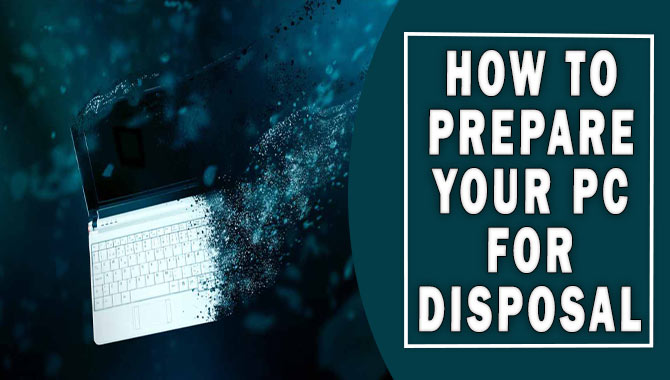
What Is A Pc Disposal?
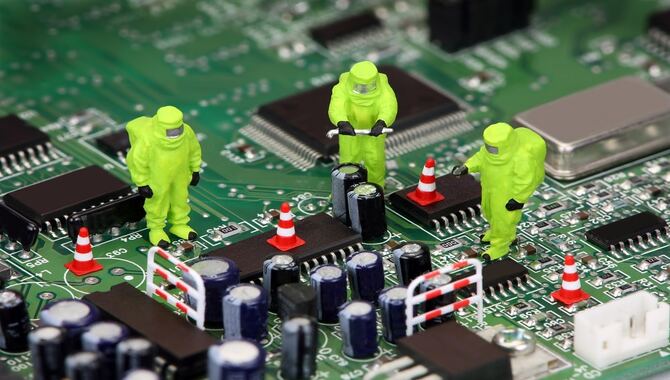
Computer disposal is destroying a personal computer or laptop by refurbishing or recycling it. This helps to reduce waste and save money while also helping the environment. There are various ways to dispose of a pc, such as recycling, donating, and using it for parts. However, there are many benefits to having your computer disposed of. It reduces waste and saves money while also helping the environment. Plus, following the steps outlined in this guide, you can ensure a successful pc disposal.
5 Ways To Prepare Your Pc For Disposal
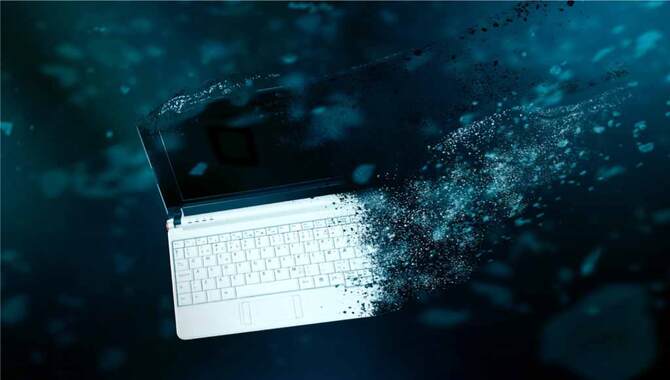
PCs are a valuable resource, but they eventually need to replace. You can do a few things to ensure your pc is ready for disposal. It’s time to say goodbye to your old, outdated pc. Here are five simple steps that will help make the process easier:
1.Back-Up Your Files
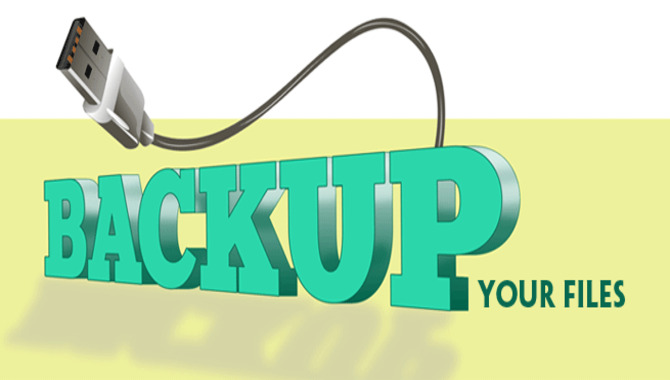
To ensure that you don’t lose important data when disposing of your old computer, it’s a good idea to back up your files before disposal. You can save copies of your data in a supported format, such as Microsoft Office or PDF. You can also install the latest security updates to protect your data from cyberattacks.
If you’re unsure whether your data is vulnerable to cyberattack, consult a professional. Rather than disposing of your old computer, you could donate it to charity or sell it at a local recycling center. Or, if you are willing to dismantle the machine and dispose of the parts separately, it is possible to recycle them at local hardware stores or electronics recycling centers.
2.Transfer Software
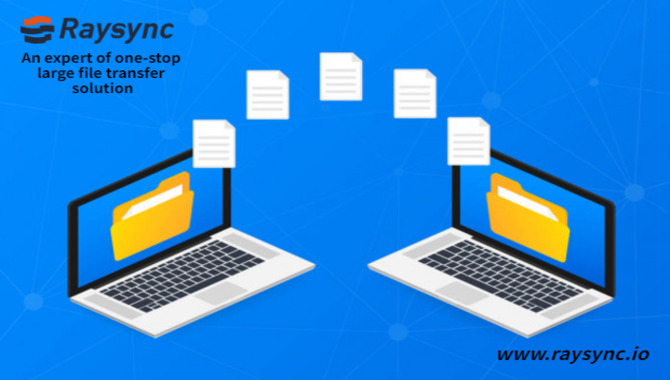
If you are looking to transfer your data and files to a new computer, several options are available. You can use a software program to easily transfer your data and files from one computer to another. Some software programs allow you to back up and sync data between multiple devices, effectively allowing you to back-up all of your data in one go. Additionally, many programs offer cloud storage capabilities to back up your data remotely using the internet instead of local storage on your personal computer.
If you’re looking for a more hands-on approach, data recovery services will try to recover lost or deleted files from your hard drive. Finally, if you want to destroy your old computer, disposal services will take it away for recycling. Using these various tools and techniques, you can easily transfer your data quickly and efficiently.
3.Wipe Your Hard Drive
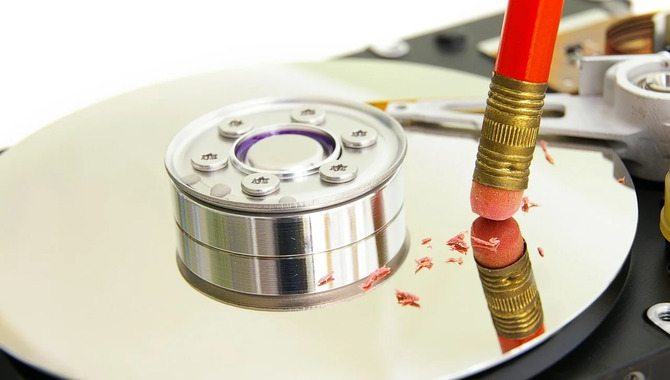
You must ensure that your hard drive is fully wiped before disposing of it. This means you should use a hard drive erase or data erase tool to completely erase your hard drive. These tools will erase all data from the hard drive, leaving it blank and ready for new data.
If you don’t have one of these tools, physical erase methods may be available. They involve physically destroying the hard drive by shredding, burning, or otherwise damaging it beyond recovery. This guide provides instructions for all three methods.
4.Destroy Your Drive
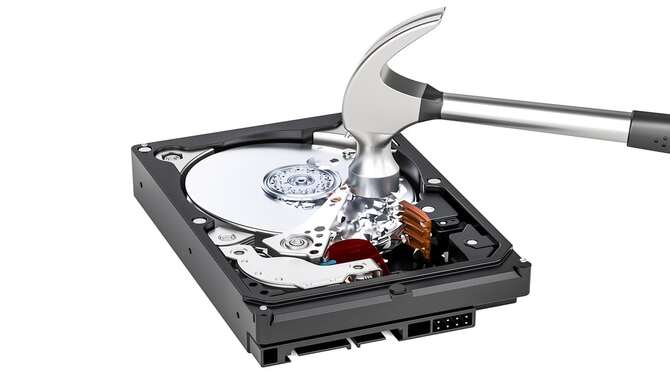
It’s important to destroy your drive before you send it in for disposal. This will ensure that your data destroyes and unrecoverable. Plus, it will prevent sensitive information from being recovered by accident or by someone who may try to steal it later on.
There are several ways you can destroy your drive. One of the simplest methods is to shred it. You can also burn it or crush it into tiny pieces. If possible, you should remove any sensitive information from the drive before you destroy it. This will help protect against data recovery efforts after the drive has been destroyed.
5.Recycle The Computer
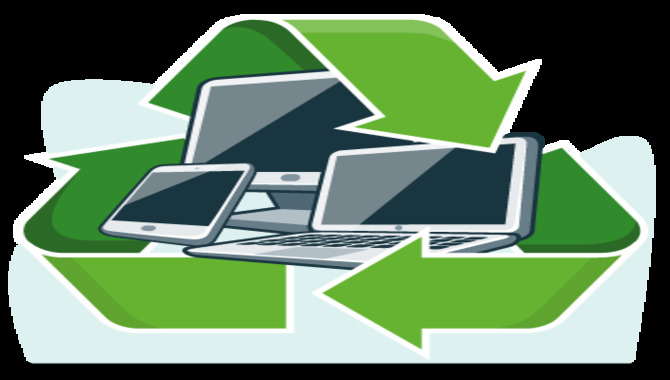
There are several different methods for recycling a computer. The most common way is to dismantle it and separate the components. Another option is to destroy it by burning, crushing, or shredding it. Other methods include recycling e-waste facilities that accept PCs.
Recycling your PC can help reduce the amount of electronic waste in landfills. Plus, it helps protect our natural environment by reducing the amount of e-waste in our disposal systems. Recycling your computer is a good way to ensure it is disposed of safely and efficiently and protects our valuable ecosystem.
Different Ways To Dispose Of A Pc
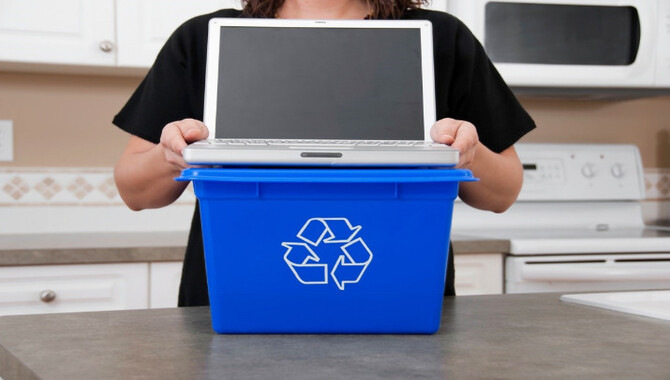
There are various options available when it comes to disposing of a personal computer. Some of the steps you can take are as follows:
Remove personal data: This includes your name, address, and other personal information. This information can be helpful in case you need to access your files in the future. Removing it before disposal ensures that this information does not save on the hard drive. This helps avoid any potential issues with identity theft or data loss.
Erase all data: Using secure erase software can help erase all data on the hard drive, ensuring nothing is left behind. Disconnect electrical devices: This ensures that personal information is not exposed to any external influences and protects from any possible damage. It also reduces waste by eliminating any unnecessary parts from the computer.
Turn off the computer and remove power cords: Turning off the computer and removing the power cord helps protect personal information from unexpected power surges and eliminates waste. Additionally, it also reduces operating costs by saving energy and resources. As you can see, there are several ways to dispose of a personal computer with minimal effort and cost.
How To Choose The Best Way To Dispose Of A Pc?
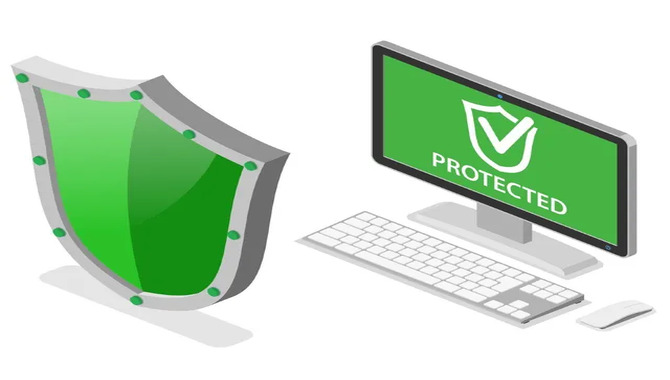
There are several disposal options available when it comes to choosing the best way to dispose of a personal computer. The environmentally-friendly option is to recycle your old computer, but recycling a computer usually requires the services of a qualified recycling facility. If you do not have access to a recycling facility, you can donate it to charity or dispose of it in a landfill.
However, donating your old computer may cost you money, and disposing of it in a landfill poses health risks. Disposing of the pc in an e-waste processing facility offers you an ideal alternative, as these facilities equipywith advanced e-waste recycling technology for recycling e-waste, ensuring complete data deletion and recovery. You can opt for an e-waste recycling facility only if you are confident that this method will ensure safe, secure, and complete data deletion and recovery.
What Are The Benefits Of Disposing Of A Pc?
– Disposing of a pc can help reduce environmental waste. Recycling your old computer can help prevent e-waste from accumulating and negatively affecting the environment. Additionally, by recycling your old computer, you’re helping to promote sustainability. Asking for a recycling service is an easy way to reduce waste on your part and the world. You’re also helping to protect public health and safety by reducing e-waste.
– Disposing of a pc can free up storage space. Recycling your old computer can free up valuable storage space on your hard drive. If you no longer need it, recycling it is an environmentally-friendly option. Finally, recycling old computers helps conserve natural resources, such as materials and energy. By recycling your old computer, you’re helping the environment and saving money.
Conclusion
PCs are made of all materials, from plastics and metals to hazardous chemicals. When recycled, these materials – and any toxins or contaminants that may store in them – must remove before the PC can reuse or dispose of. This process is called “crushing,” and it’s often done using heavy equipment that releases harmful chemicals into the environment.
It is important to know that recycling your computer does not involve physically removing it from your home. You can put it in a recycling bin and take it to an electronics recycling center for disposal. However, there are some things you can do to prepare your computer for recycling that would ensure the best outcome. We hope this guide has helped you understand recycling better and prepared your computer for disposal.
Frequently Asked Questions:
1. How Do I Prepare My PC Or Laptop For Recycling?
Ans: Before you start the recycling process, back up your data and remove any debris or dirt from your computer. You can do this by wiping it down with a cloth or using computer cleaning software. Next, disconnect your laptop from all external devices and remove the battery and other removable parts. Finally, place your computer in a bag or box for waste disposal.
2. How Do I Wipe My Computer Clean Before Recycling?
Ans: You can use computer cleaning software or a cloth to clean your computer before recycling. To avoid damaging your computer, make sure to wipe from the center to the outside of the laptop screen and laptop trackpad.
3. Are There Any Laws Or Regulations That May Prevent Me From Disposing Of My Pc?
Ans: A few laws and regulations may prevent you from disposing of your pc. For example, you may be subject to local, state, or federal regulations. Additionally, you may be subject to environmental laws. To properly dispose of your pc, you will need to follow the instructions provided by the manufacturer or disposal company.
4. Should I Try To Recycle My Pc?
Ans: It is generally not recommended to try to recycle your pc. Reasons for this include the difficulty of recycling different computer components, environmental damage, and often difficult-to-separate-components practices. In fact, it is usually more practical and efficient to simply dispose of your pc in a landfill instead.
5. Should I Recycle My Old Computer Components?
Ans: Yes, recycling your old computer components is a great way to reduce waste and help the environment. Many local recycling centers will accept old computer parts, although it may take some time to sorte.

Leave a Reply